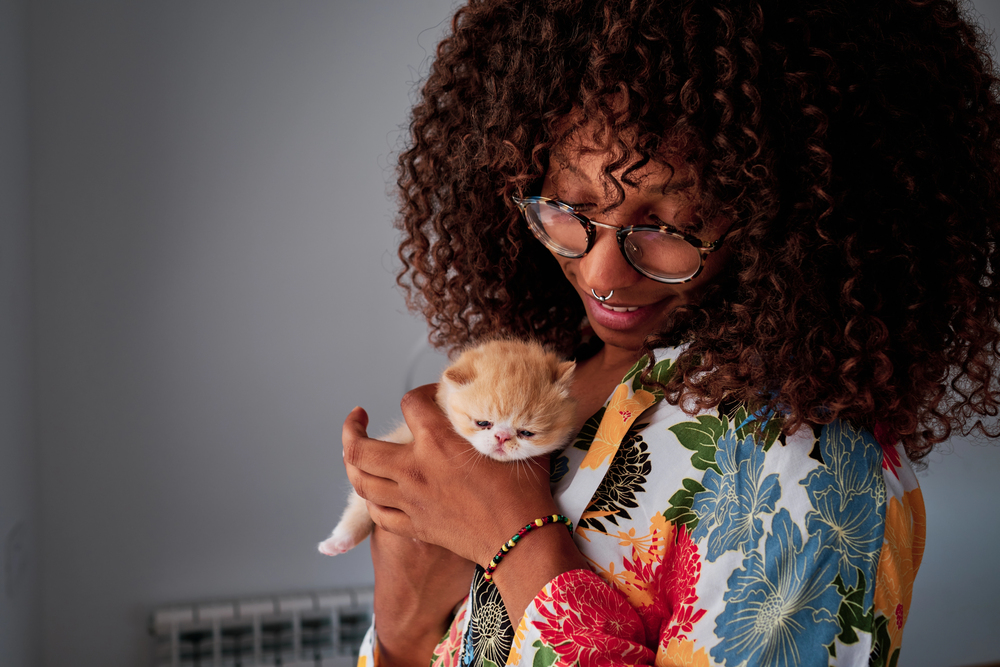
Know the signs—early action can make all the difference in protecting your puppy or kitten’s health.
Read Time: 4 minutes
Bringing home a puppy or kitten is a moment filled with joy, curiosity, and endless cuddles. But young pets are also especially vulnerable to sudden illness and injury. Because their bodies are still growing and developing, even minor symptoms can quickly become serious. Understanding the signs of an emergency can help you act fast—and possibly save your new companion’s life.
Your New Pet Depends on You
Welcoming a new puppy or kitten into your home is an exciting and joyful experience. But just like human babies, young pets are vulnerable. Their immune systems are still developing; they can’t regulate their body temperature as well as adults, and they may not show obvious signs when something’s wrong. That’s why it’s essential to recognize the warning signs of a true emergency—and know when to seek veterinary care immediately.
Why Puppies and Kittens Are More Fragile
Puppies and kittens grow fast, but during those early weeks and months, they are more susceptible to infections, dehydration, and injuries. Even mild symptoms can escalate quickly into life-threatening conditions. Being proactive and knowing what to look for can make all the difference in your pet’s recovery.
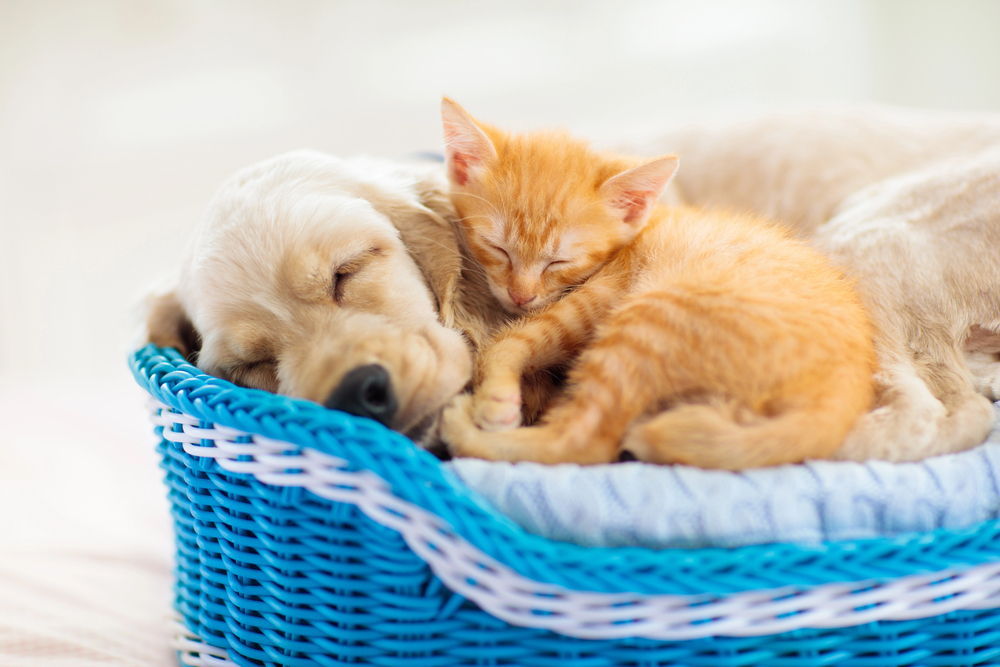
Common Emergency Signs in Puppies and Kittens
Not all symptoms are immediately dramatic, but many require prompt attention. If your puppy or kitten shows any of the following signs, it’s time to call your veterinarian or visit an emergency clinic right away.
1. Difficulty Breathing
- Labored, shallow, or noisy breathing
- Open-mouth breathing (especially in kittens)
- Blue or pale gums and tongue
What to do: Keep your pet calm and cool. Avoid restraining them tightly. Call your vet immediately or go straight to an emergency facility.

2. Severe Vomiting or Diarrhea
- More than one episode in a short period
- Blood in vomit or stool
- Lethargy or dehydration (sunken eyes, dry gums, skin doesn’t bounce back)
Why it’s urgent: Young pets can become dangerously dehydrated within hours. Don’t wait to see if symptoms improve on their own.

3. Refusing To Eat or Drink
- Skipping more than one meal (especially in very young puppies/kittens)
- Weakness, listlessness, or weight loss
Note: Unlike adult pets, skipping meals can lead to dangerously low blood sugar (hypoglycemia) in puppies and kittens.

4. Collapse, Weakness, or Disorientation
- Stumbling, unsteady walking, or suddenly falling over
- Seeming confused or unable to respond
What it might mean: This could indicate neurological issues, poisoning, or a metabolic emergency. Immediate evaluation is critical.
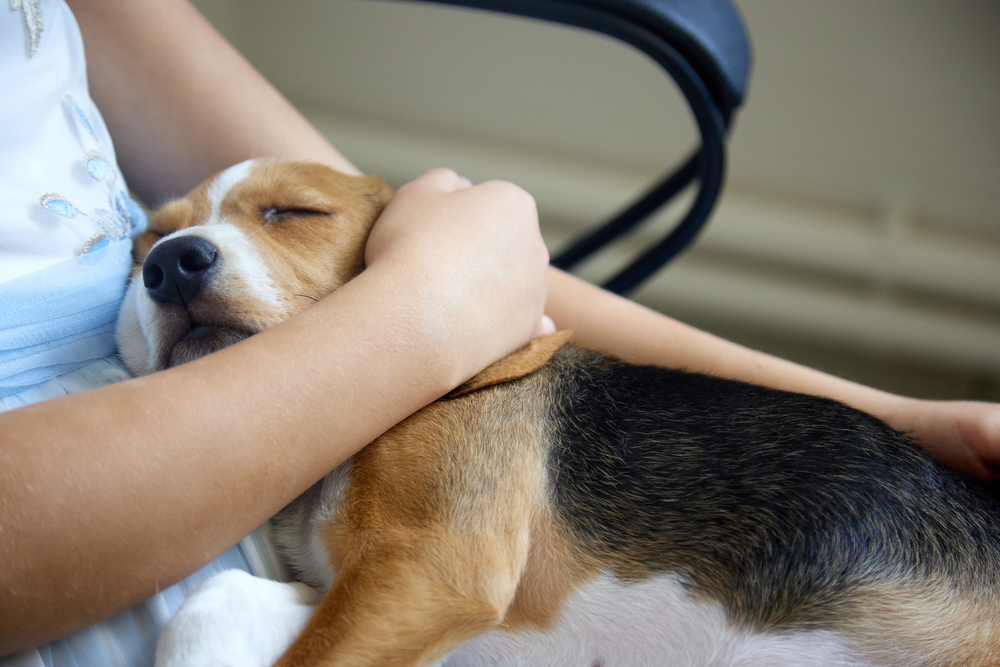
5. Difficulty Urinating or Defecating
- Straining without producing urine or stool
- Crying while trying to go
- Frequent licking of the genital area
Caution: Urinary blockage, especially in male kittens, can become fatal within hours. Don’t wait—seek care immediately.
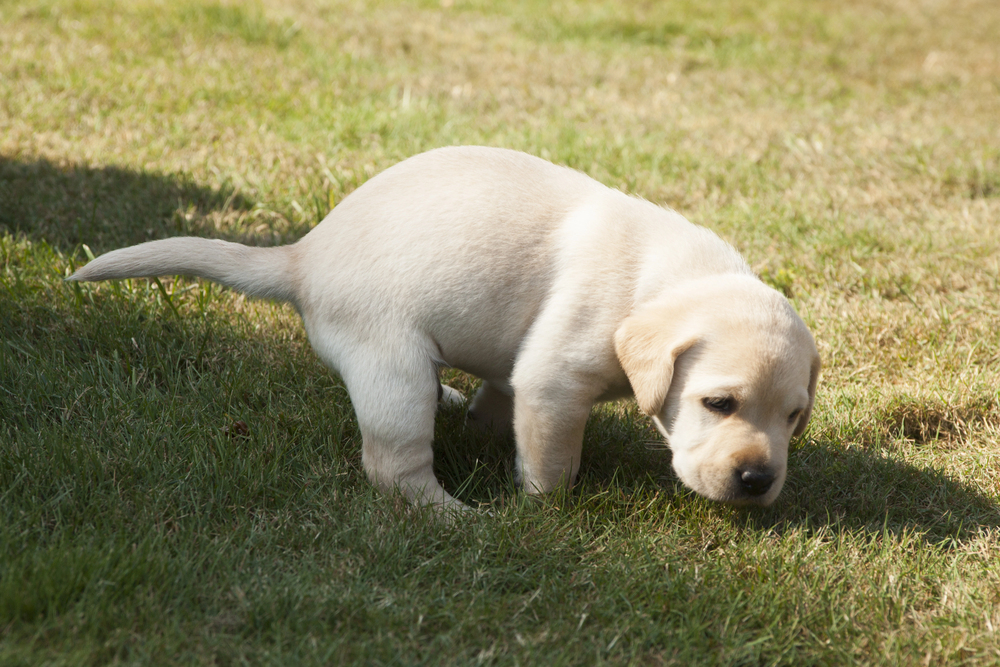
6. Bleeding, Trauma, or Injury
- Any bleeding that doesn’t stop after a few minutes
- Obvious wounds, limping, or signs of pain
- Bites from other animals—even if the skin looks intact
Even small injuries can be deceptive. Puncture wounds or internal trauma can quickly escalate, especially in small bodies.
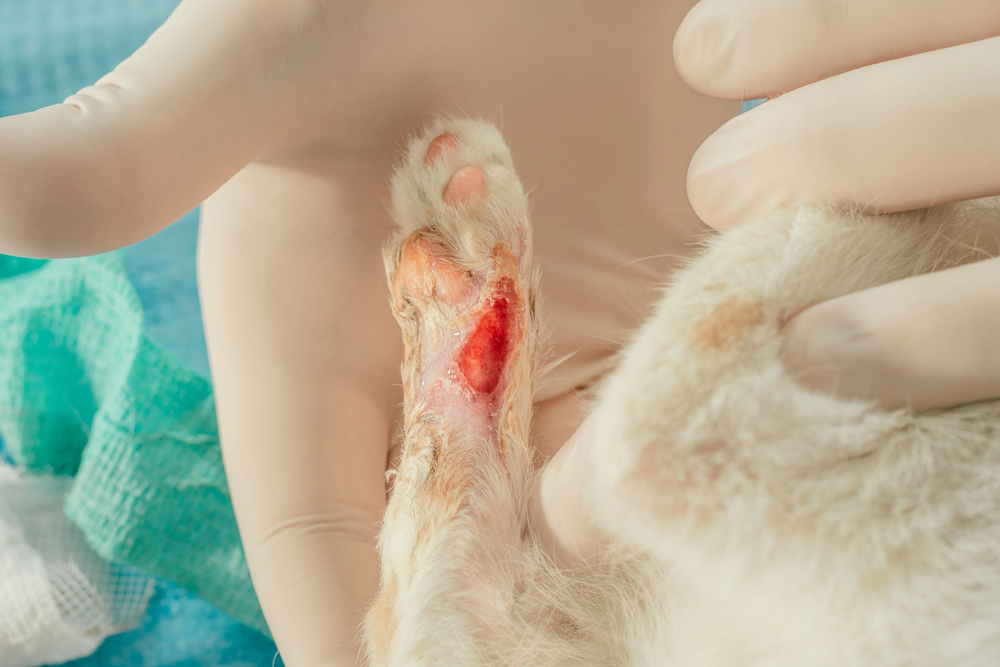
7. Seizures or Tremors
- Sudden uncontrolled shaking, twitching, or collapsing
- Loss of consciousness
- Foaming at the mouth or paddling of limbs
Important: Seizures can have many causes—from congenital conditions to toxic exposures—and always warrant immediate care.
8. Swollen Abdomen or Signs of Pain
- Bloated belly
- Whining, restlessness, or sudden aggression when touched
- Refusal to lie down
These could be signs of bloat, organ issues, or internal bleeding. All require fast medical intervention.
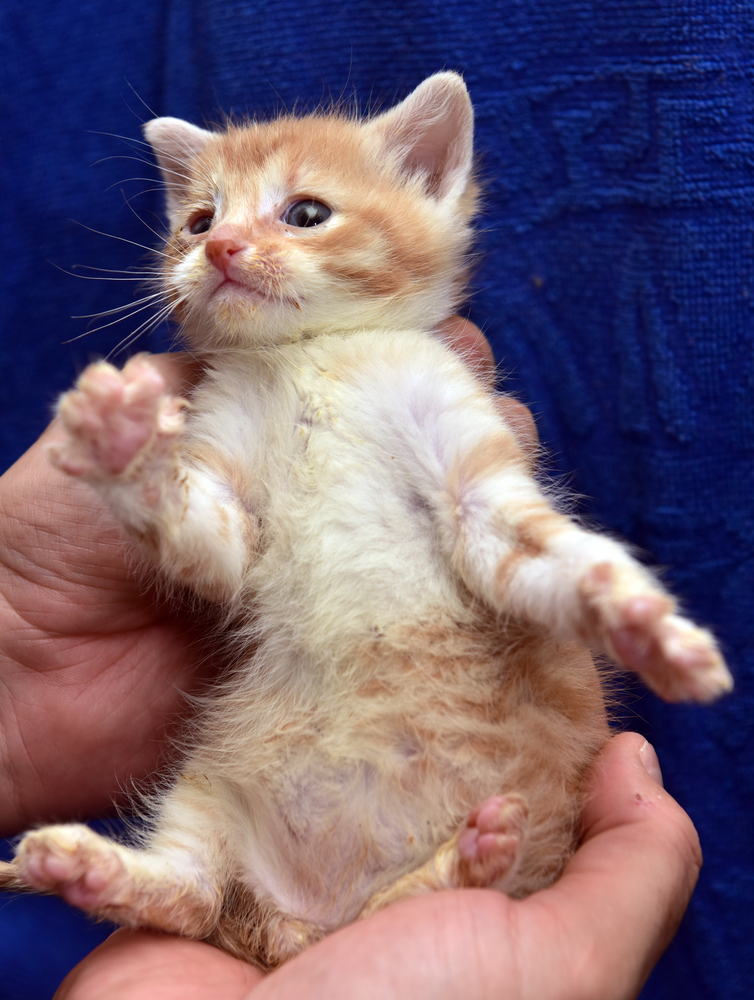
Trust Your Instincts
As a pet parent, you know your puppy or kitten best. If something feels off—even if it’s not on this list—it’s always better to be safe than sorry. Acting quickly can mean the difference between a treatable condition and a life-threatening emergency.
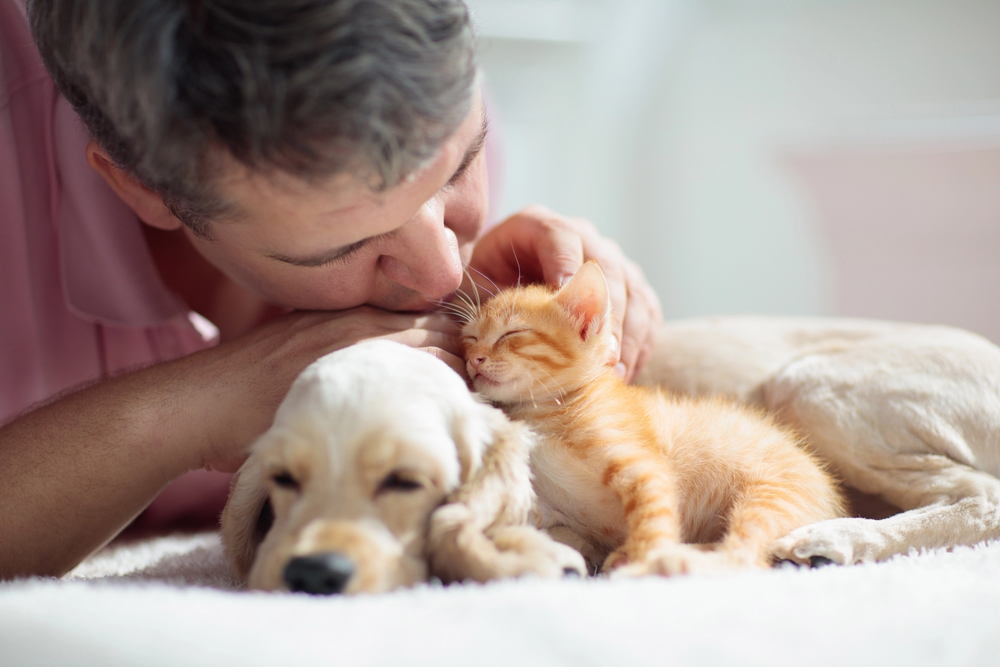
We’re Here When You Need Us Most
At Dr. Phillips Animal Hospital, we understand how frightening it can be when your puppy or kitten shows signs of distress. Our caring and experienced team is here to provide urgent care when your little one needs it most.
- Call us now at (407) 352-2579
- Visit drphillipsanimalhospital.com to learn more or request an appointment
- In an emergency? Go directly to our Emergency Services page for immediate assistance.
Your pet’s health is our top priority—from their first breath to their happiest, healthiest years ahead. Let us help you give them the safest start possible.




